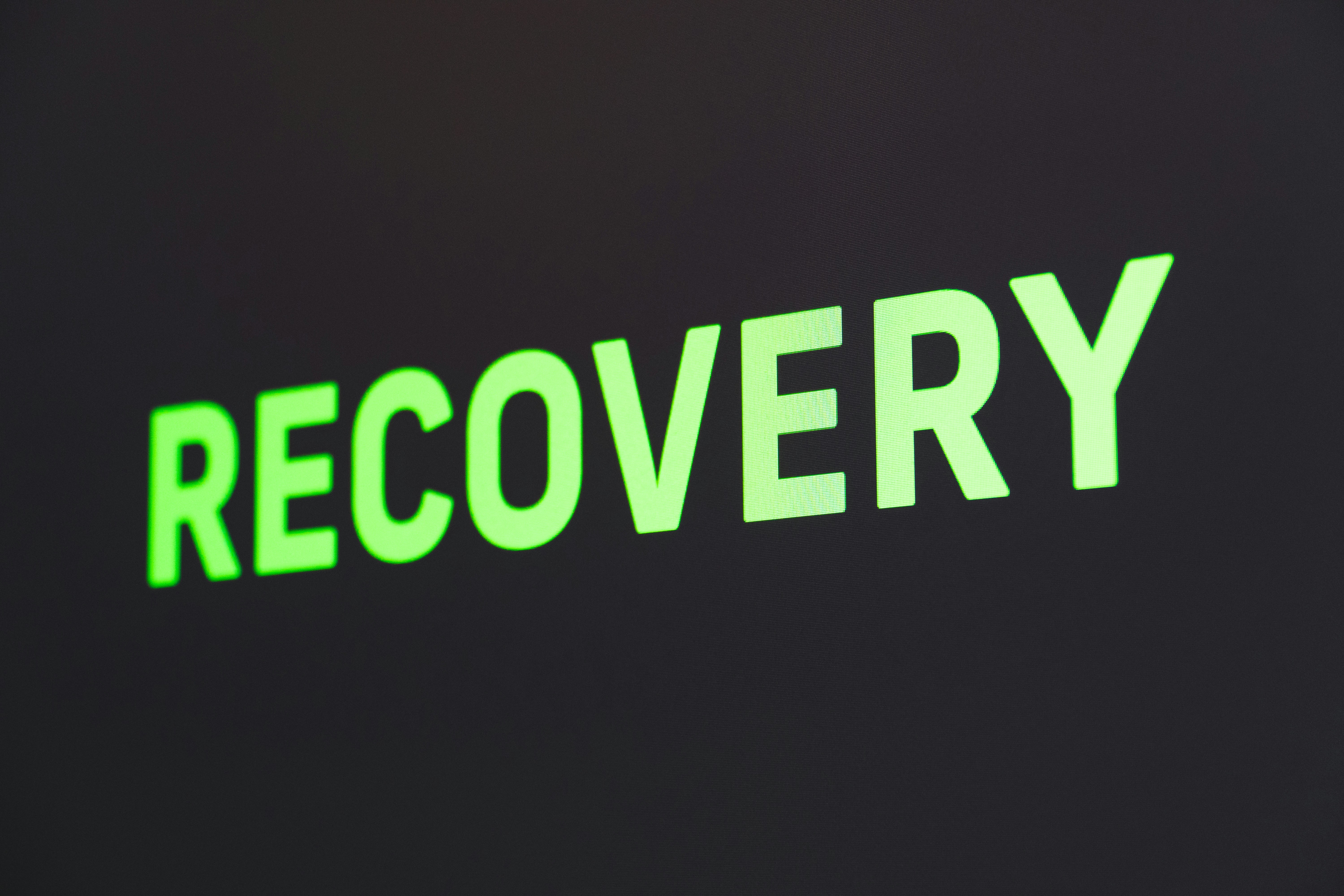
Recovering from an accident can often feel like a journey with more ups and downs than a rollercoaster. One day you’re making great progress, and the next, you feel like you’ve slid back to square one. However, with the right strategies and a sprinkle of determination, finding your way back to your old self (or perhaps an even better version) is wholly achievable. This blog post delves into the essentials of post-accident recovery and the pivotal role of physical therapy, combining professional insights with a touch of playfulness.
The Vital First Steps
Immediately following an accident, the priority is to ensure that all critical injuries are addressed. But once the dust settles, and you’re deemed stable, that’s when the real work begins. The journey to recovery isn’t just about healing the physical wounds; it’s also about addressing psychological impacts, an often overlooked facet.
The Importance of Consistency
Consistency is key in the recovery process. Regularly attending physical therapy sessions, maintaining your exercise regimen, and following your healthcare provider’s advice are all critical factors in ensuring a successful recovery. It can be tempting to skip sessions when progress seems slow, but perseverance pays off in the long run.
Exploring Complementary Therapies
While physical therapy and good nutrition form the backbone of recovery, exploring complementary therapies can offer additional support. For instance, consulting with a headache and migraine chiropractor who specializes in post-accident care can be invaluable for many individuals. Chiropractic care focuses on alleviating pain and improving function through the correction of alignment issues within the body, providing a holistic approach to recovery.
Technology and Recovery: A Perfect Pair
In recent years, technological advancements have revolutionized the field of physical therapy. Technology has become an invaluable tool in the recovery arsenal, from virtual reality systems that simulate real-world scenarios to apps that track your progress and motivate you.
Understanding the Long-Term Picture
Recovery doesn’t happen overnight, and for many, it’s a long-term commitment. It’s important to set realistic expectations and celebrate the small victories along the way. Remember, every effort you put in takes you one step closer to your recovery goal.
Navigating the World of Physical Therapy
Physical therapy is more than just routine exercises; it’s a specialized form of rehabilitation designed to restore physical function and enhance your quality of life. But it’s not one-size-fits-all. A good physical therapist tailors the program to your unique needs, ensuring that each step taken is a step toward your ultimate recovery goal.
Embracing Community Support
One often undervalued aspect of recovery is the power of community. Joining support groups where individuals share their recovery journeys can provide a sense of belonging and encouragement. It reminds you that you’re not alone in your struggles and that collective wisdom and compassion can be a source of strength.
The Role of Nutrition in Recovery
Did you know that what you eat can significantly affect your recovery? Nutrition plays a crucial role in healing, with certain foods speeding up the process and others potentially slowing it down. Incorporating a balanced diet rich in vitamins, minerals, and protein helps fortify the body’s natural healing mechanisms.
Adjusting to a New Normal
Finally, it’s essential to understand and accept that recovery might also mean adjusting to a new normal. This could include adapting to changes in physical abilities, incorporating new routines, or redefining personal goals. Embracing these changes as part of your journey can lead to personal growth and a renewed sense of purpose.
Staying Mentally Strong
Let’s face it, the road to recovery can be tough, not just on your body but on your mind as well. Maintaining a positive outlook is essential but often easier said than done. Engaging in mindfulness practices like meditation can help keep those overwhelming feelings at bay, ensuring that you stay focused and determined on the path to recovery.
Wrap-Up
In conclusion, recovering from an accident is undoubtedly challenging but far from impossible. With the right approach, including effective physical therapy, a healthy diet, and a resilient mindset, you can navigate the recovery process successfully. So, embrace the journey with both patience and perseverance and let each step forward fuel your determination to regain your strength and vitality.